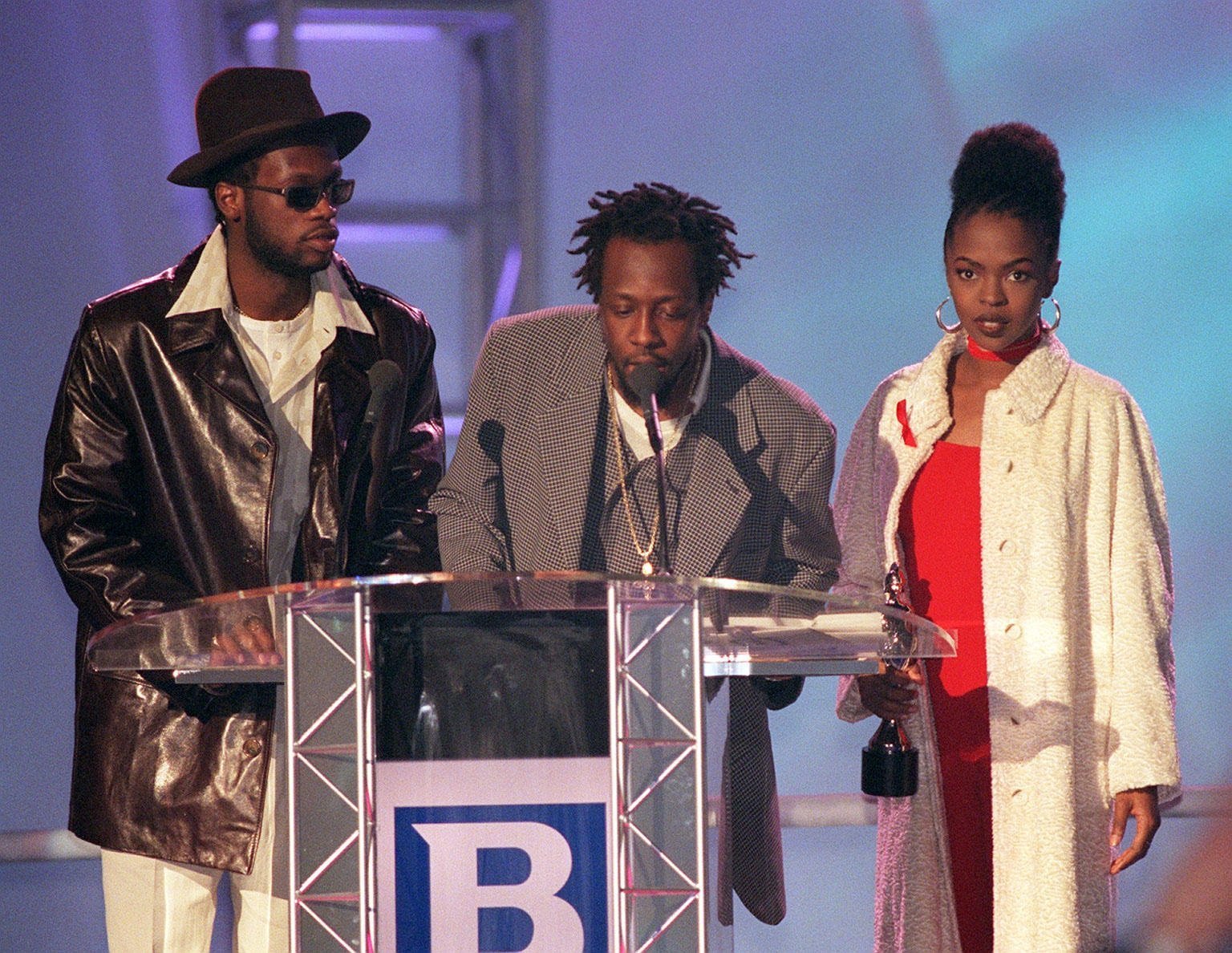
Prakazrel “Pras” Michel, a member of the 1990s musical group The Fugees, was indicted earlier this month for violating federal campaign finance and tax laws. The charges stemmed from Pras allegedly making $865,000 worth of illegal “straw donations” through a network of 20 people to the 2012 Obama presidential campaign on behalf of disgraced Malaysian financier Jho Low. Pras also allegedly gave more than $1 million of Mr. Low’s money to an independent expenditure committee in his name and in the name of his company. The effort was, according to the indictment, intended to “gain access to, and potential influence with,” the Obama Administration and allowed associates of Mr. Low to attend events hosted by both the presidential campaign and the White House.
Could Pras also have been charged with violating the Foreign Agents Registration Act (“FARA”)? Potentially.
FARA would require Pras to have registered with the Department of Justice within 10 days of becoming an “agent of a foreign principal” unless he fell within an exemption. The initial part of the legal analysis is straightforward: Mr. Low is a “foreign principal” because he is a foreign national and the facts alleged in the indictment contain clear indications that Pras was acting for, on behalf of, or at the order/request/direction/control of Mr. Low. Pras would therefore have been required to register under FARA within 10 days if he was engaged in FARA-registrable activities and he was not eligible for an exemption.
Did Pras Engage in FARA-Registrable Activities?
FARA covers any “agent” acting within the United States who represents “the interests of [a] foreign principal before any … official of the Government of the United States” or who engages in “political activities,” which is a broad term that encompasses “any activity that the person engaging in believes will, or that the person intends to, in any way influence any agency or official of the Government of the United States…”
Here, Pras allegedly made and facilitated political contributions that allowed him and other associates of Mr. Low to attend events with then-President Obama in an attempt to, in the words of the indictment, “gain access to, and potential influence with,” the Obama Administration. This activity, if accurately described, could be FARA-registrable because it involved an appearance “before [an] … official of the Government of the United States” and an effort that was apparently intended to influence one or more U.S. government officials. Moreover, the alleged conduct by Pras is comparable to activity that served as the basis of a past FARA indictment and guilty plea by Washington, D.C. lobbyist Samuel Patten who, among other things, facilitated “straw donations” to an inaugural committee on behalf of a foreign principal. Pras’ conduct alleged in the indictment could therefore be described as FARA-registrable activity.
Was Pras Eligible for a FARA Exemption?
Even if Pras engaged in FARA-registrable activity, his failure to register would violate FARA only if he was not eligible for a registration exemption. Do any FARA exemptions apply? Let’s run through the exemptions that could potentially apply here:
- The “LDA” Exemption—FARA exempts from registration an “agent” who has registered a representation under the Lobbying Disclosure Act (“LDA”). There are some additional caveats within this exemption, but we need not examine them because Pras did not register under the LDA and is therefore not eligible for this exemption.
- The “Commercial Activities” Exemption—FARA exempts from registration an “agent” who engages only in “private and nonpolitical activities in furtherance of the bona fide trade or commerce” of a foreign company. This exemption could therefore cover Pras’ work on behalf of private companies and individuals, but only to the extent that he did not engage in any “political activities,” which are any activities to “influence any agency or official of the Government of the United States or any section of the public within the United States” with regard to U.S. policy or with regard to the political or public interest of a foreign government/political party. It is also unlikely that facilitating illegal “straw donations” could be considered in furtherance of any “bona fide” commercial operations
- The “Activities Not Serving Predominantly a Foreign Interest” Exemption—In what is perhaps the law’s broadest exemption, FARA and its implementing Department of Justice rules exempt “agents” if the activity: (1) furthers the foreign corporation’s bona fide commercial operations; (2) is “not directed by a foreign government or foreign political party”; and (3) does “not directly promote the public or political interests of a foreign government or of a foreign political party.” Unlike the “commercial activities” exemption, this exemption would allow Pras to engage in “political activities,” but again, facilitating illegal “straw donations” would likely not be in furtherance of any “bona fide” commercial operations, making the exemption probably inapplicable.
Pras was therefore probably not able to avail himself of any exemption and avoid FARA registration on that basis.
Why Was Pras Not Charged with Violating FARA?
Given that Pras arguably engaged in FARA-registrable activity and was not eligible for an exemption, why was he not charged with violating FARA for his failure to register? We have no window into the prosecutors’ decision-making process at this point, but there could be any number of reasons for the indictment being limited to federal campaign finance and tax violations. It may be that the prosecutors were unfamiliar with FARA, given that it emerged from obscurity only recently. It could be that there was a desire to focus the case against Pras on the most likely laws to result in a conviction, and this alleged behavior certainly falls more squarely under federal campaign finance and tax laws. It might also be that the government does not feel it has sufficient proof at this stage that Pras violated FARA criminally, which would require prosecutors to show that Pras “willfully” failed to register—i.e. Pras knew it was illegal to remain unregistered under FARA and still act within the United States on behalf of Mr. Low. And prosecutors may, of course, supplement the indictment to include FARA charges if such evidence becomes available down the road.
An Informational Resource in a New Era of Foreign Agents Registration Act Enforcement.
Search
Recent Blog Posts
- DOJ Announces New Deferred Prosecution Agreements and Fines
- U.S Attorney Announces Charges Against Co-Director of Maryland Think Tank for Acting as an Unregistered Foreign Agent
- DOJ Sends Letter to Congress in Support of Proposed FARA Legislation, Repeal of LDA Exemption
- Trump Ally Acquitted of Violating FARA
- Federal Court Grants Casino Mogul Steve Wynn Dismissal of DOJ FARA Suit
- DOJ Sues Casino Mogul Steve Wynn to Compel FARA Registration
- Former US Ambassador to Plead Guilty to Violating Post-Employment Ethics Law in Qatar Representation
- Chinese National Charged with Acting as an Illegal Agent of the Chinese Government in the United States
- House Judiciary Committee Holds First FARA Hearing In 30 Years
- Dual Russia-U.S. Citizen Charged With FARA Violations, Remains At-Large
Bios
Archives
- January 2024
- July 2023
- December 2022
- November 2022
- October 2022
- May 2022
- April 2022
- March 2022
- January 2022
- December 2021
- October 2021
- July 2021
- March 2021
- February 2021
- December 2020
- November 2020
- September 2020
- June 2020
- May 2020
- February 2020
- October 2019
- September 2019
- August 2019
- July 2019
- June 2019
- May 2019
- April 2019
- March 2019
- February 2019
- January 2019

